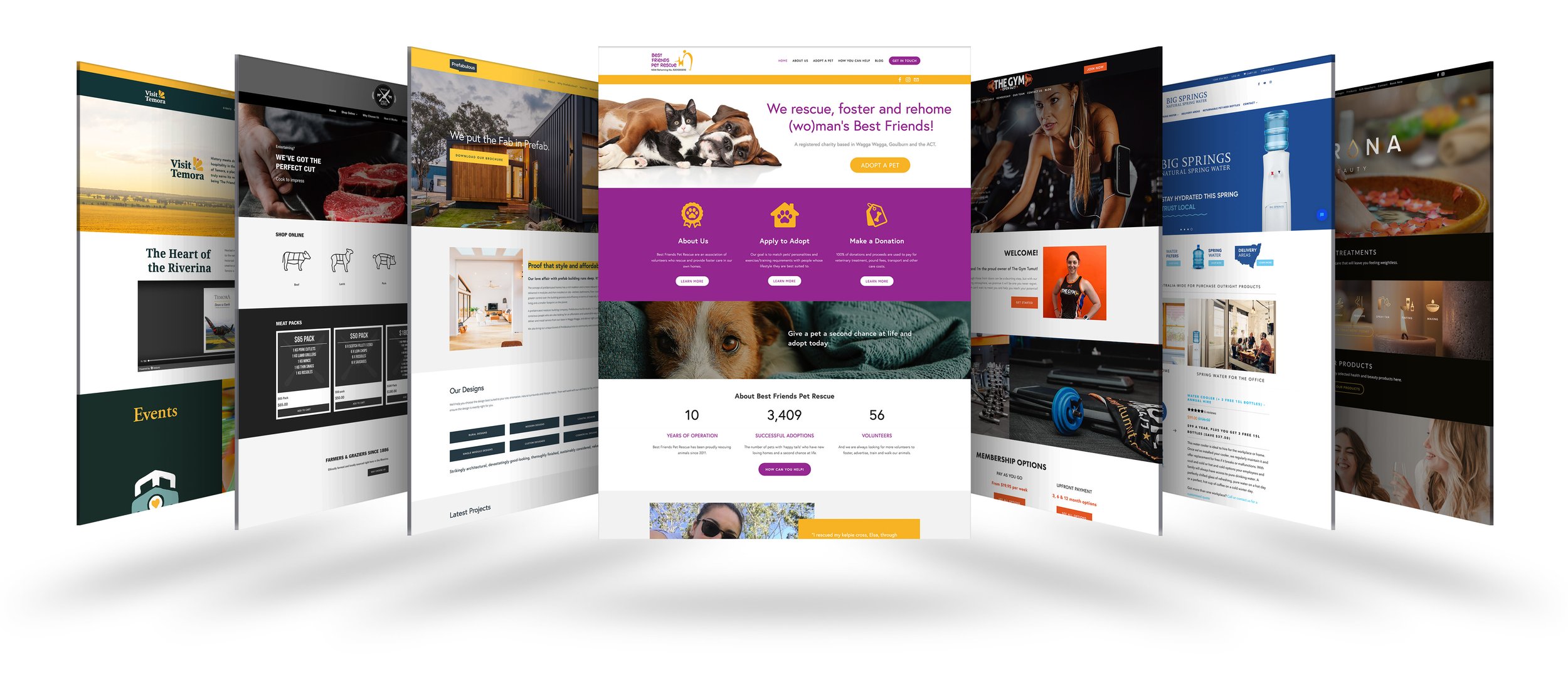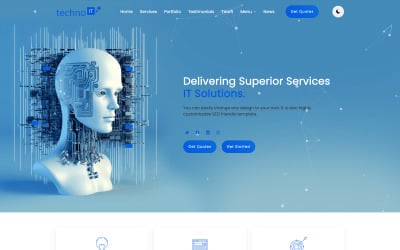End-to-End Website Design Solutions from Strategy to Completion
End-to-End Website Design Solutions from Strategy to Completion
Blog Article
Top Tips for Developing an Impactful Website Design That Converts
To accomplish this, one should take into consideration a variety of elements, including comprehending the target audience, prioritizing individual experience, and maximizing for mobile systems. The calculated usage of compelling call-to-actions and a well-defined aesthetic power structure plays a vital function in guiding individuals through their journey.

Understand Your Target Audience
Recognizing your target audience is fundamental to reliable website style, as it prepares for creating an interesting individual experience. Determining that your customers are, including their demographics, preferences, and actions, allows developers to customize the internet site's material, format, and functionality to fulfill certain requirements.
Performing complete marketing research is critical in this procedure. Studies, interviews, and analytics can offer beneficial understandings right into user assumptions and discomfort factors. By assembling this data, developers can develop user personalities that represent various segments of the target market, making sure that design decisions are informed and appropriate.
Additionally, recognizing the target market aids in choosing suitable layout components such as color pattern, typography, and images that reverberate with individuals. An internet site that speaks straight to its audience cultivates a sense of link and trust, motivating longer visits and greater conversion rates.
Ultimately, a user-centered method to website layout not only improves individual contentment yet likewise supports business objectives by driving involvement and commitment. By focusing on the demands and choices of the target market, a web site can properly offer its function and attain preferred results.
Prioritize Individual Experience
To improve the total efficiency of a site, prioritizing user experience (UX) is crucial (Website Design). A well-designed UX ensures that visitors can navigate the website easily, locate details rapidly, and involve with material meaningfully. This brings about raised customer contentment and higher conversion rates
Begin by carrying out instinctive navigation. Menus must be logically structured, allowing individuals to find essential locations of the website with very little effort. Consistency in design components, such as color pattern and font styles, cultivates knowledge, which is vital for maintaining individual engagement.
Furthermore, take into consideration the loading rate of your website. A hold-up of simply a few secs can bring about significant drop-offs, as users are less likely to wait on a slow-loading page. Simplifying images and optimizing code can enhance performance and preserve visitors.
By focusing on customer experience, you not only produce a much more pleasurable setting for visitors but also reinforce your brand name's trustworthiness. Inevitably, a focus on UX more helpful hints is a financial investment in the lasting success of your website.
Optimize for Mobile Instruments
Maximizing for mobile phones is critical in today's digital landscape, where an increasing variety of customers accessibility websites with smart devices and tablets. A mobile-friendly style not only enhances user experience yet likewise plays a substantial role in improving internet search engine rankings. To achieve this, it is necessary to take on a responsive design that instantly gets used to numerous display dimensions and alignments.

Filling speed is another essential aspect; mobile individuals are generally much less client and expect fast access to info. By focusing on mobile optimization, you make certain that your website remains affordable and successfully engages a wider target market.
Usage Engaging Call-to-Actions
A web site's efficiency typically rests on its ability to assist site visitors toward wanted actions, making compelling call-to-actions (CTAs) vital components of layout. CTAs offer as the essential find out factors that guide users to involve with the website, whether that indicates buying, authorizing up for a newsletter, or downloading and install a source.
To produce effective CTAs, clearness is extremely important. Use concise language that plainly interacts the activity you want the individual to take.
Moreover, the layout of CTAs must stick out without being interfering. Use contrasting colors and clear font styles to ensure they capture attention. In addition, take into consideration using directional hints, such as arrowheads or photos, to direct individuals toward these switches. By concentrating on these aspects, businesses can dramatically boost customer involvement, driving conversions and inevitably accomplishing their internet site's goals.
Focus on Visual Power Structure
Reliable web site design depends greatly on a well-structured visual pecking order that guides customers through content perfectly. By organizing aspects in a fashion that prioritizes information, developers can enhance individual experience and promote decision-making. This entails using size, shade, comparison, and spacing purposefully to draw interest to one of the most essential elements of a website.
Using bigger font styles for headings and subheadings establishes a clear distinction in between different sections, permitting customers to check material easily. In addition, using different colors for switches and calls-to-action can record customer focus and motivate communication. Whitespace is one more essential element; it avoids mess and allows customers to concentrate on crucial messages without diversions.
Pictures and graphics need to enhance the message while likewise sticking to the well established pecking order, strengthening the total message (Website Design). Uniformity in design elements, such as color systems and typography, additional strengthens the visual power structure, making navigation instinctive

Conclusion
In conclusion, reliable website layout requires a thorough understanding of the target audience, prioritization of individual experience, and mobile optimization. Ultimately, a well-executed site design offers as a crucial part in driving individual actions and achieving service objectives.
Report this page